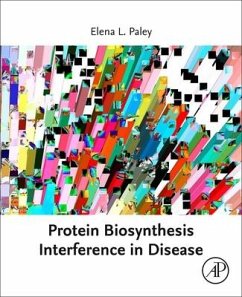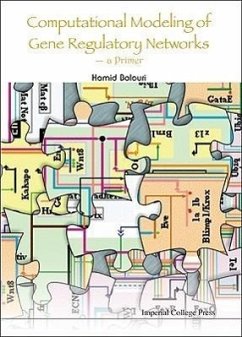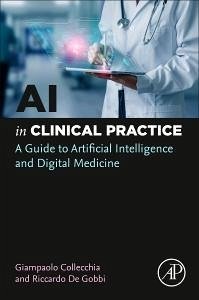
Computational Intelligence in Protein-Ligand Interaction Analysis

PAYBACK Punkte
88 °P sammeln!
Computational Intelligence in Protein-Ligand Interaction Analysis presents computational techniques for predicting protein-ligand interactions, recognizing protein interaction sites, and identifying protein drug targets. The book emphasizes novel approaches to protein-ligand interactions, including machine learning and deep learning, presenting a state-of-the-art suite of skills for researchers. The volume represents a resource for scientists, detailing the fundamentals of computational methods, showing how to use computational algorithms to study protein interaction data, and giving scientifi...
Computational Intelligence in Protein-Ligand Interaction Analysis presents computational techniques for predicting protein-ligand interactions, recognizing protein interaction sites, and identifying protein drug targets. The book emphasizes novel approaches to protein-ligand interactions, including machine learning and deep learning, presenting a state-of-the-art suite of skills for researchers. The volume represents a resource for scientists, detailing the fundamentals of computational methods, showing how to use computational algorithms to study protein interaction data, and giving scientific explanations for biological data through computational intelligence. Fourteen chapters offer a comprehensive guide to protein interaction data and computational intelligence methods for protein-ligand interactions.












